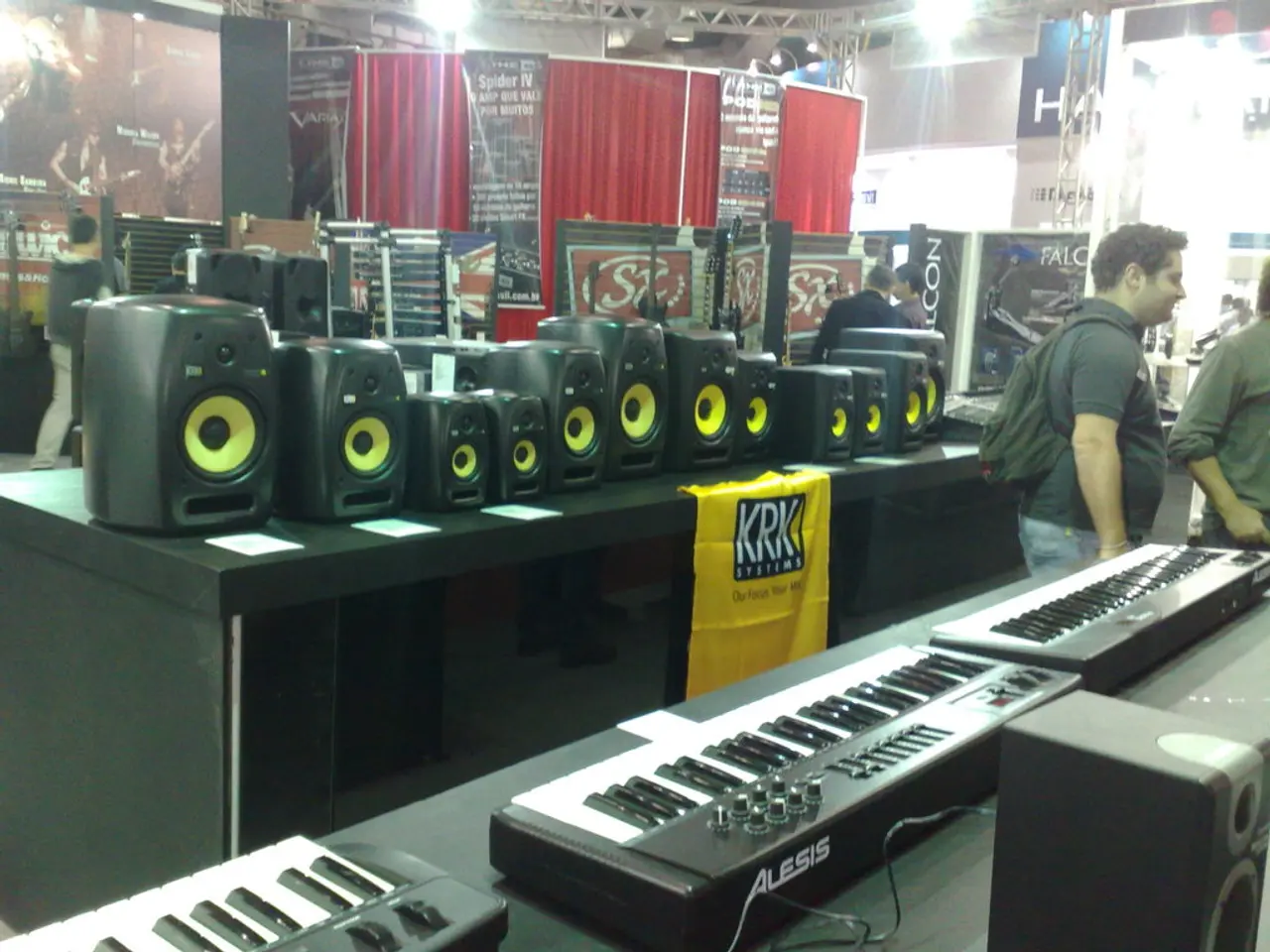Forecasts from Fitch Ratings indicate a potential recovery for Macau by mid-2022. However, they display caution with regards to the region's gambling giants.
Macau, the world's largest gambling hub, is expected to witness a gradual recovery in its gaming and tourism industries next year, according to Fitch Ratings. However, the path to recovery is likely to be burdened by extended deleveraging and cautious spending among operators, which could temper investor confidence in the short term.
The six casino licenses in Macau are due to expire on June 26, 2022, causing credit vulnerability for the licensees. Fitch predicts that an extension of the operators' licenses past June would temporarily resolve the RWN (Rating Watch Negative) issuances for companies like Las Vegas Sands, MGM Resorts, and SJM Resorts.
Macau has been grappling with economic hardship for over two years due to its stringent "zero-COVID" policy approach to the pandemic. This has resulted in a slowdown in gaming revenue growth, with gross gaming revenue through 11 months of 2021 down almost 71 percent from 2019 levels.
Fitch believes that the concession re-bidding procedure in Macau will take a pragmatic form. However, the ratings watches for Sands, MGM, and SJM are likely to be resolved once Macau provides more clarity regarding the re-bidding process and insight into the region's next gaming regulatory structure. Fitch analysts anticipate that this resolution will occur within the next six months.
The operators in Macau have been focusing on deleveraging, which implies modest EBITDA (Earnings Before Interest, Taxes, Depreciation, and Amortization) improvements but signals that earnings growth will not immediately translate into large expenditures such as casino management system upgrades before 2026. This conservative stance by Macau operators implies a hesitant investment climate where casino operators remain financially conservative, particularly following the renewal of gaming concessions.
This cautious spending environment has several implications for the Macau gaming industry. It could lead to delayed technology adoption and modernization compared to newer integrated resorts in Asia that are aggressively upgrading using cloud and AI technologies. This could result in a widening technology gap that could impact operational efficiency and competitive edge.
Moreover, potential pricing pressure on vendors and phased rollout strategies due to constrained casino budgets could also be observed. These factors could contribute to a slower recovery of gross gaming revenue (GGR) growth, which underpins operators' earnings and investor returns.
Fitch's outlook for Macau's gaming industry in 2022 suggests a path of gradual recovery but one that is burdened by extended deleveraging and cautious spending. Investors are advised to be mindful of the restrained capex environment and the challenges Macau casinos face in maintaining growth momentum amid regional competition and evolving technology demands.
Despite these challenges, Fitch expects that the companies will remain operating in Macau in the years ahead, and a meaningful rebound in gaming activity in Macau is anticipated to occur in mid-2022. Fitch also suggests that Macau will become more open to cross-border travel with mainland China, Hong Kong, and Taiwan as vaccination rates improve.
In conclusion, while Fitch Ratings' 2022 China outlook provides some optimism for Macau, investors should exercise caution when buying shares of casinos operating in the region. The conservative spending environment, coupled with the challenges in maintaining growth momentum, could pose risks to investors' returns in the short term.
The impending renewal of casino licenses in Macau might result in a temporary resolution of the Rating Watch Negative issuances for companies like Las Vegas Sands, MGM Resorts, and SJM Resorts, as extended beyond their expiration date on June 26, 2022. However, the operators' financial conservatism, typified by their focus on deleveraging, may lead to a hesitant investment climate and a restrained capex environment, potentially impacting the Macau gaming industry's growth momentum in the short term.




